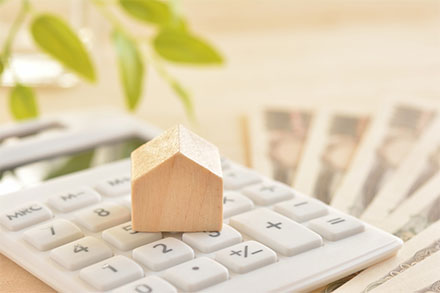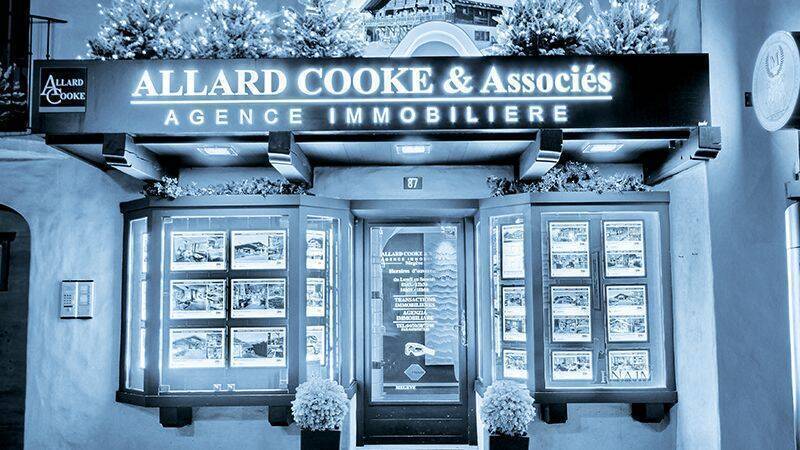It is common to resell your property at a higher price than its purchase price, due to the evolution of the local real estate market or improvements made. This price difference is called "capital gains." In the case of second homes, the capital gain is subject to taxation. However, certain conditions allow for exemption from this tax: explanations.
Capital gains on the sale of a second home
The capital gain is calculated by the difference between the selling price and the purchase price, which is called the gross capital gain. To calculate the taxable capital gain, the following are considered:
- the selling price minus certain costs related to the sale, such as diagnostic costs or the real estate agency's commission, for example.
- the acquisition price increased by expenses such as notary fees, donation rights, etc. If the seller cannot justify these actual expenses with invoices, a flat increase of 7.5% is allowed.
Finally, work carried out can also be added to the purchase price, either by actual amount (if owned for less than 5 years) or by a flat rate of 15% of the purchase price (if owned for more than 5 years).

An allowance for years of ownership then applies to this capital gain between the corrected selling and purchase prices. After that, the tax can be calculated. For income tax, the allowance is:
- 6% per year of ownership, from the fifth year up to the twenty-first,
- 4% for the twenty-second year of ownership.
Regarding social levies, the allowance is as follows:
- 1.65% for each year of ownership beyond the fifth and up to the twenty-first,
- 1.60% for the twenty-second year,
- 9% for each year beyond the twenty-second.
The capital gain generated from the sale of a second home is subject to tax at a rate of 19%, plus social security contributions of 17.2%. Since January 1, 2013, a surtax of 2 to 6% is added to the tax on capital gains when they exceed €50,000. It is calculated on the total amount of the taxable gain, once the ownership duration allowance is considered.
Capital gains generated from the sale of a second home: exemption cases
The sale of a second home can be exempt from capital gains tax under certain conditions:
- the seller must not have owned their primary residence during the 4 years preceding the sale.
- the amount generated from the sale of the second home must be used (in part or in full) to purchase a primary residence within 24 months following the sale.
- if the realized capital gain is less than or equal to €15,000. The sale of a property in joint ownership, usufruct, or bare ownership brings specific exemption cases.
Total exemption of the capital gain for income tax is acquired after 22 years of ownership. The exemption from social levies is acquired after a holding period of 30 years.



